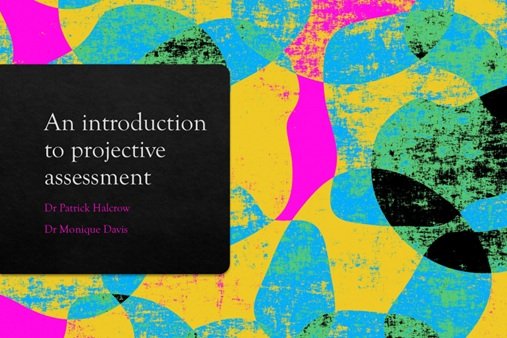Training and supervision
What I offer
-

Reflective supervision
Reflective supervision for ‘helping professionals’ - e.g. psychologists, psychotherapists, medical professionals, social workers and teachers.
-

Training in projective assessment
Training and supervision in the use of projective assessment techniques for psychologists and psychotherapists.
